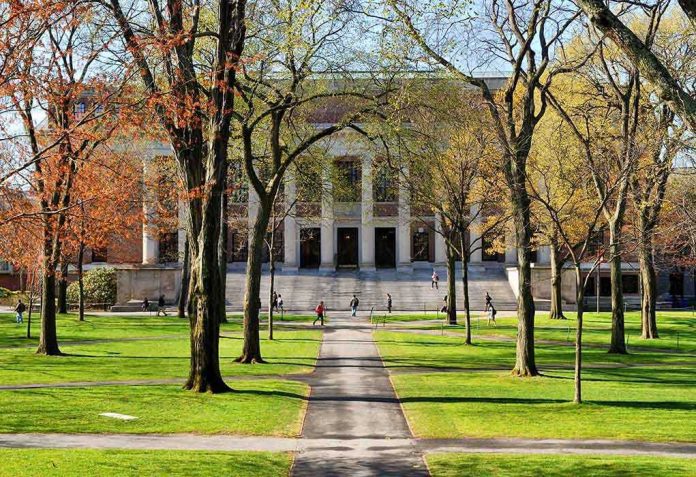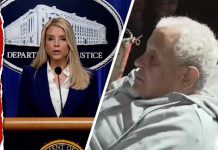
Lockdown orders at multiple historically Black colleges and universities signal a troubling escalation in campus threats, igniting new debates over security, federal responsibility, and the effectiveness of government oversight.
Story Snapshot
- Multiple HBCUs across the U.S. received threats, forcing lockdowns and canceled classes.
- Law enforcement, including the FBI, responded rapidly but found no credible danger.
- The incident follows a recent surge of campus violence and swatting hoaxes nationwide.
- Conservative critics highlight federal mismanagement and demand stronger protection for American institutions.
Escalating Threats Disrupt HBCU Campuses Nationwide
On September 11, 2025, several historically Black colleges and universities (HBCUs) were thrust into crisis as coordinated threats led to lockdowns, class cancellations, and heightened security across campuses in multiple states. Institutions such as Alabama State University, Hampton University, Virginia State University, Southern University and A&M College, and others faced immediate shutdowns. Law enforcement agencies, including local police and the FBI, responded with urgency, prioritizing student safety amid a tense national climate still reeling from recent high-profile violence at other schools.
While lockdowns were lifted at some campuses by early afternoon, many institutions maintained canceled classes and restricted access for the remainder of the day or longer. The FBI issued a statement confirming awareness of widespread hoax calls, stressing that investigations were ongoing despite no credible threats or injuries. This incident, occurring just after the assassination of a conservative activist and a Colorado school shooting, underscores the vulnerability of educational institutions to both genuine attacks and disruptive false alarms.
Patterns of Threats and Federal Response Under Scrutiny
The recent threats mirror previous waves of bomb scares and swatting incidents that have targeted HBCUs, notably the 2022 episode linked to a juvenile prank caller. These events have spiked in the aftermath of real acts of violence, amplifying anxiety and forcing administrators to reassess security protocols. Historically, HBCUs have faced racially motivated intimidation since their Reconstruction-era founding, with periodic surges connected to broader societal unrest. This latest episode exposes ongoing weaknesses in federal oversight and the persistent challenge of protecting vulnerable campuses without excessive government overreach.
In the wake of the lockdowns, campus leaders coordinated closely with law enforcement, while political figures like U.S. Rep. Troy Carter condemned the threats and called for swift action. The FBI’s rapid designation of the events as hoaxes did little to ease concerns about the underlying climate of fear. Experts note that swatting incidents often prompt heightened responses and sometimes overreactions, potentially stretching resources and eroding trust in institutional safety. The pattern raises questions about the effectiveness of current security measures and the proper role of federal agencies in crisis management.
Impact on Students, Communities, and Conservative Concerns
For students, faculty, and staff at the affected HBCUs, the disruption was immediate and significant. Academic activities halted, anxiety surged, and families grappled with uncertainty. Financial costs mounted as emergency responses and security upgrades became necessary. The psychological toll may linger, especially if repeated threats persist. Conservative observers argue that these events illustrate the dangers of federal mismanagement and the need for local, state-driven solutions that prioritize real safety over ideological agendas.
Historically Black colleges issue lockdown orders, cancel classes after receiving threats https://t.co/ifYVZoJDQs
— Troy Record (@troyrecord) September 12, 2025
Long-term implications could include diminished trust in campus security, calls for increased state support, and renewed debate over the adequacy of protections for minority-serving institutions. Political mobilization for anti-hate crime legislation and enhanced campus security is likely, but critics warn against reactionary policies that expand bureaucracy without delivering results. The incident highlights the importance of defending constitutional principles, individual liberty, and limited government—even as institutions confront real threats in an increasingly polarized climate.
Sources:
Multiple HBCUs lock down due to threats: Here’s full list of affected campuses in US
Southern University, other HBCUs close due to potential threat
Students at Alabama State University and other HBCUs left shaken by threats and lockdowns
Multiple HBCUs lockdown after receiving threats amid rising violence













